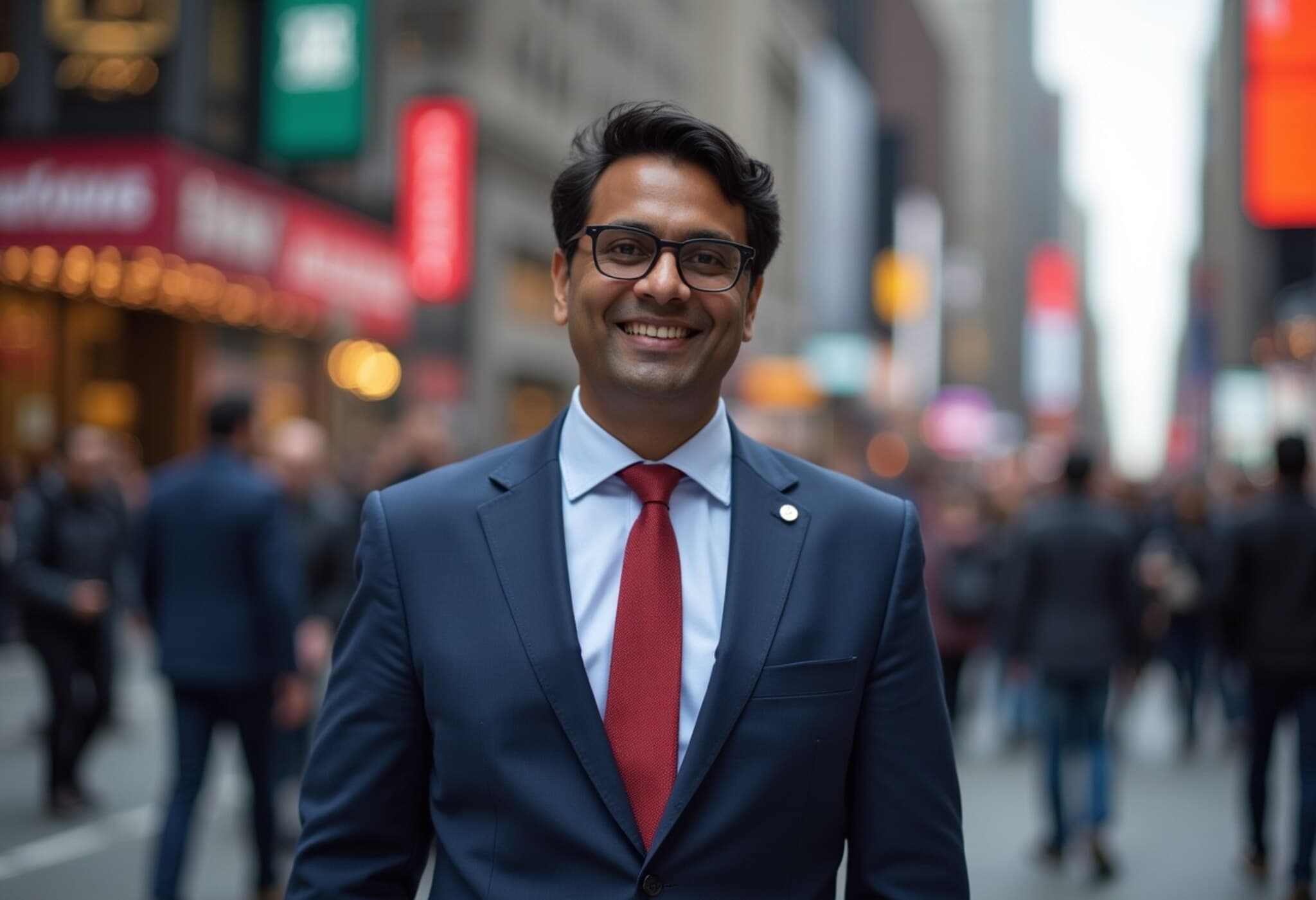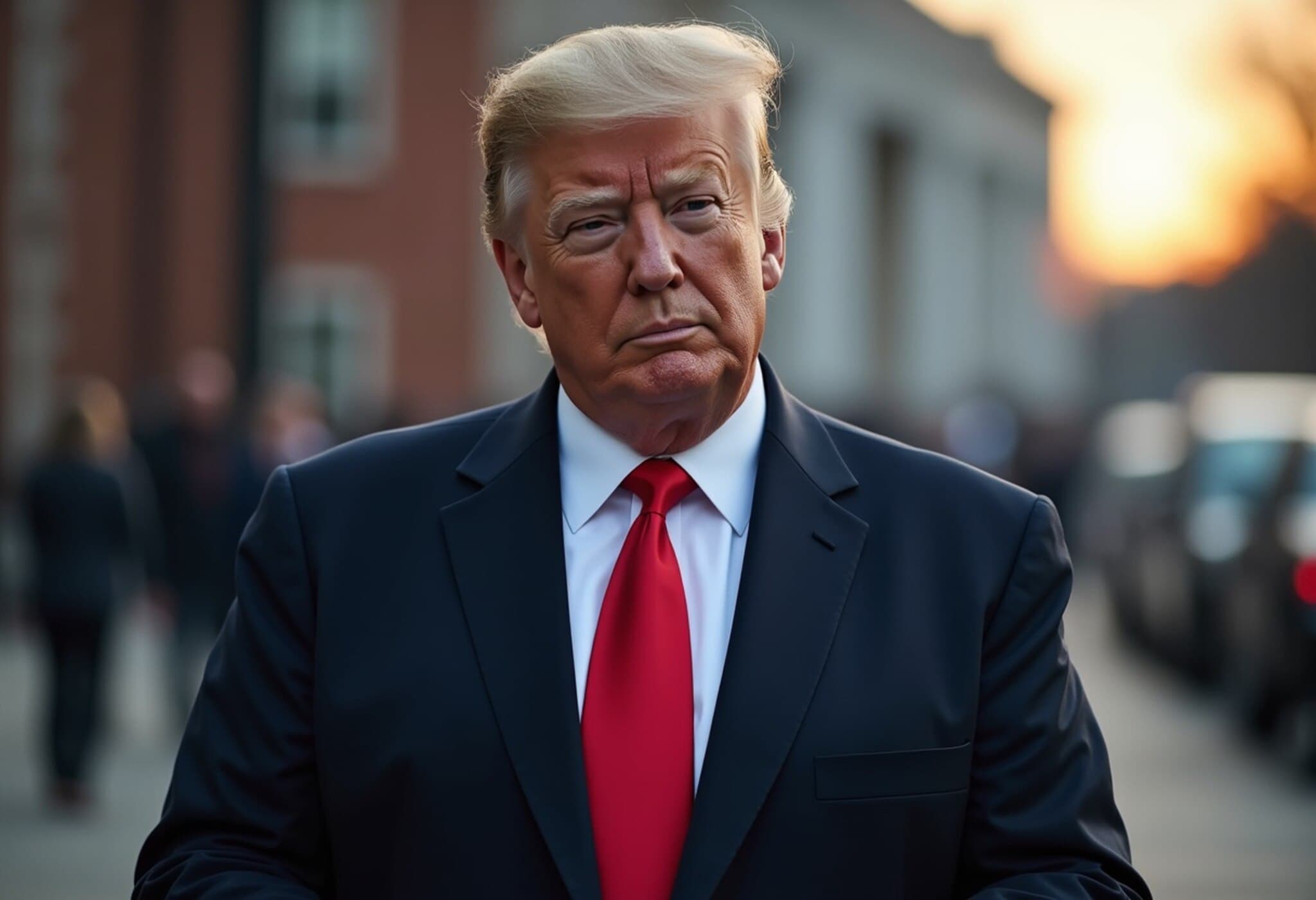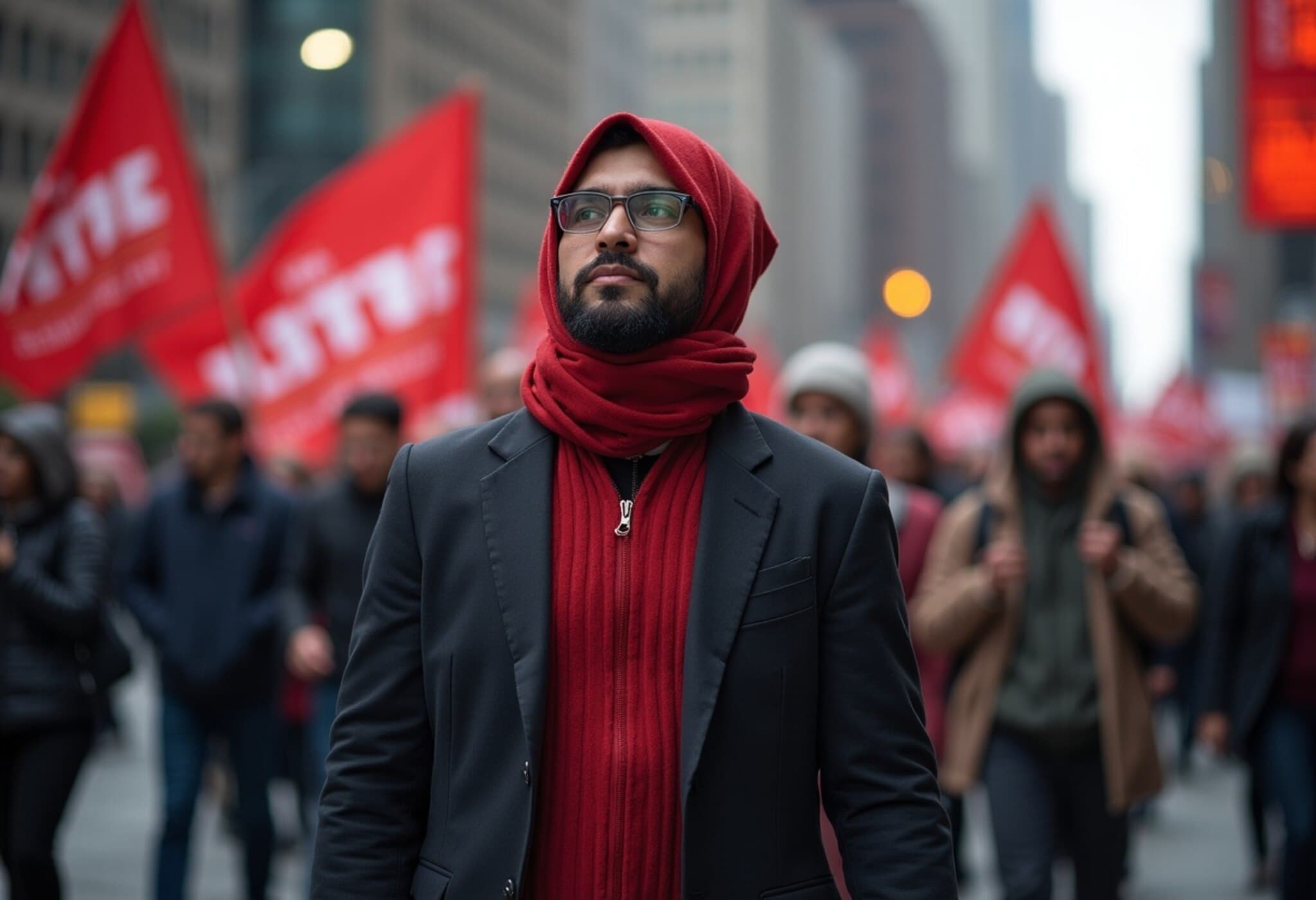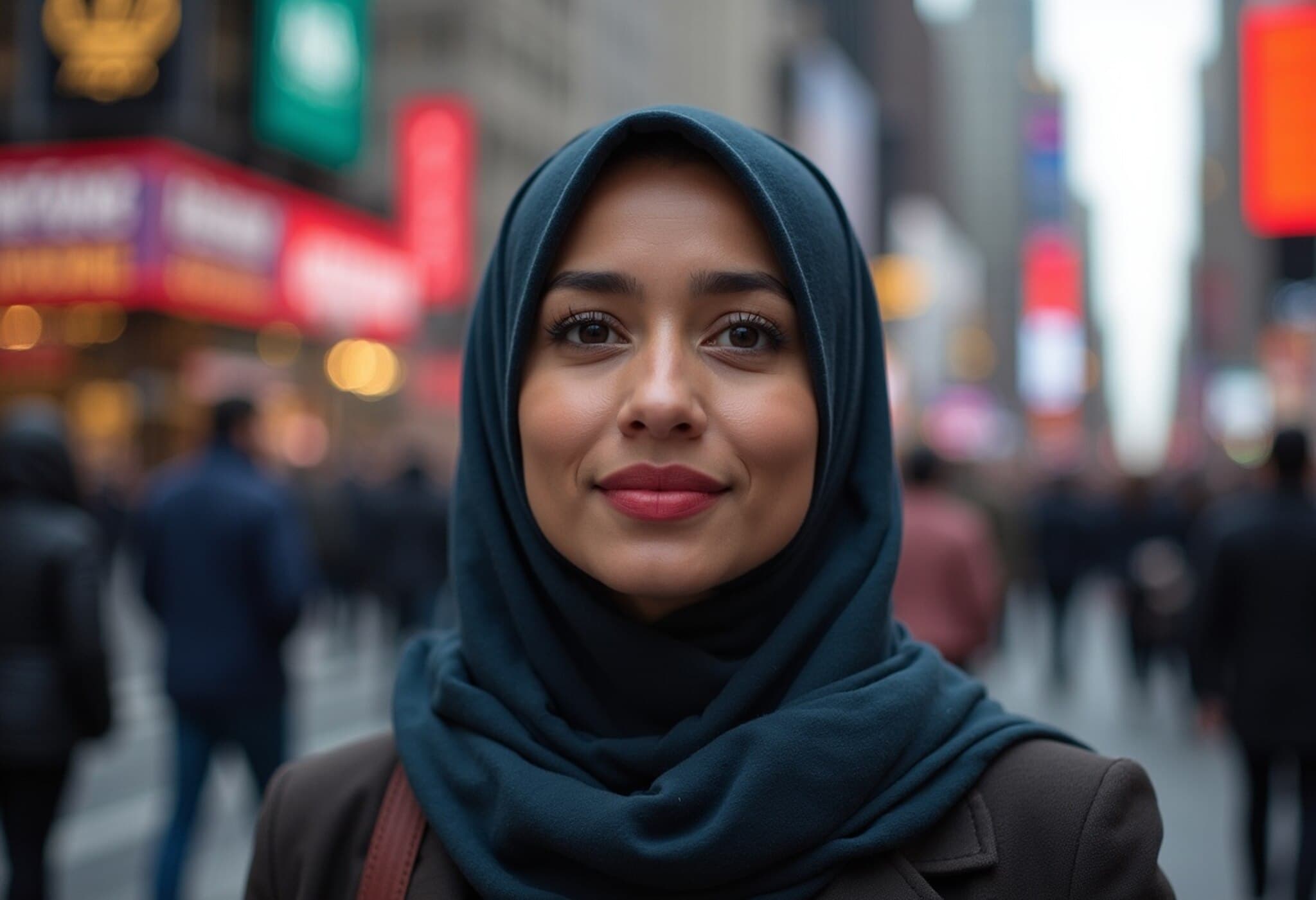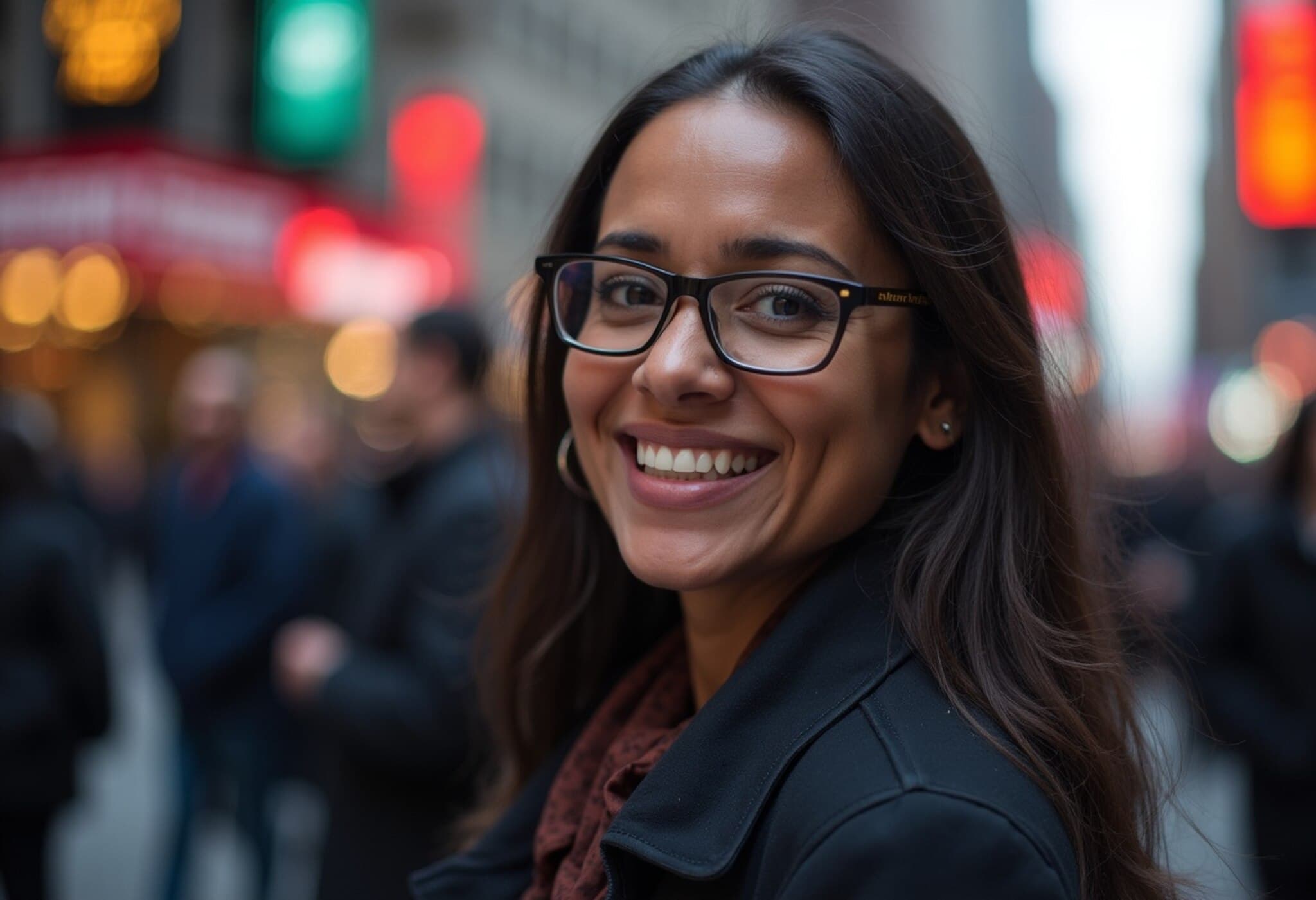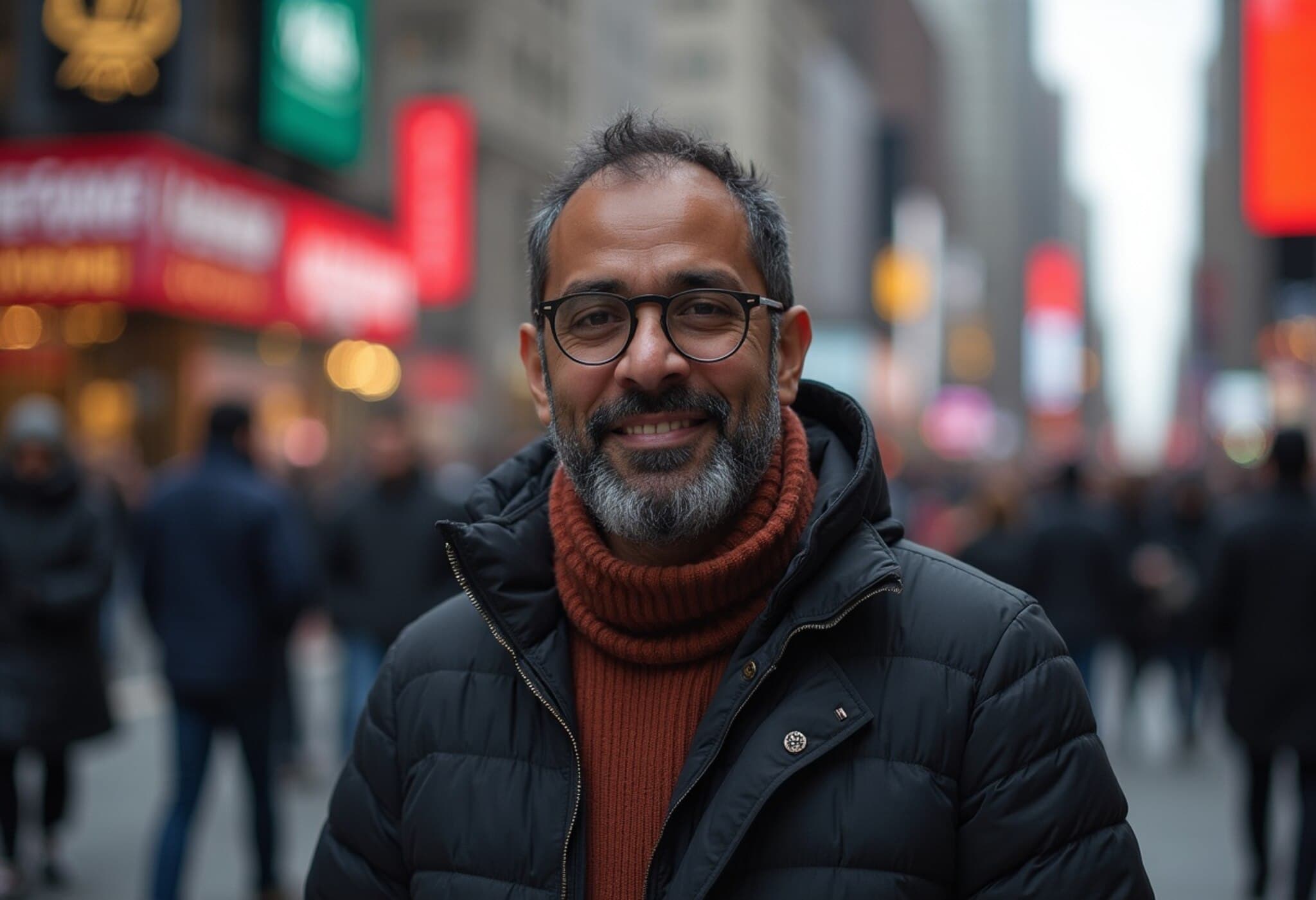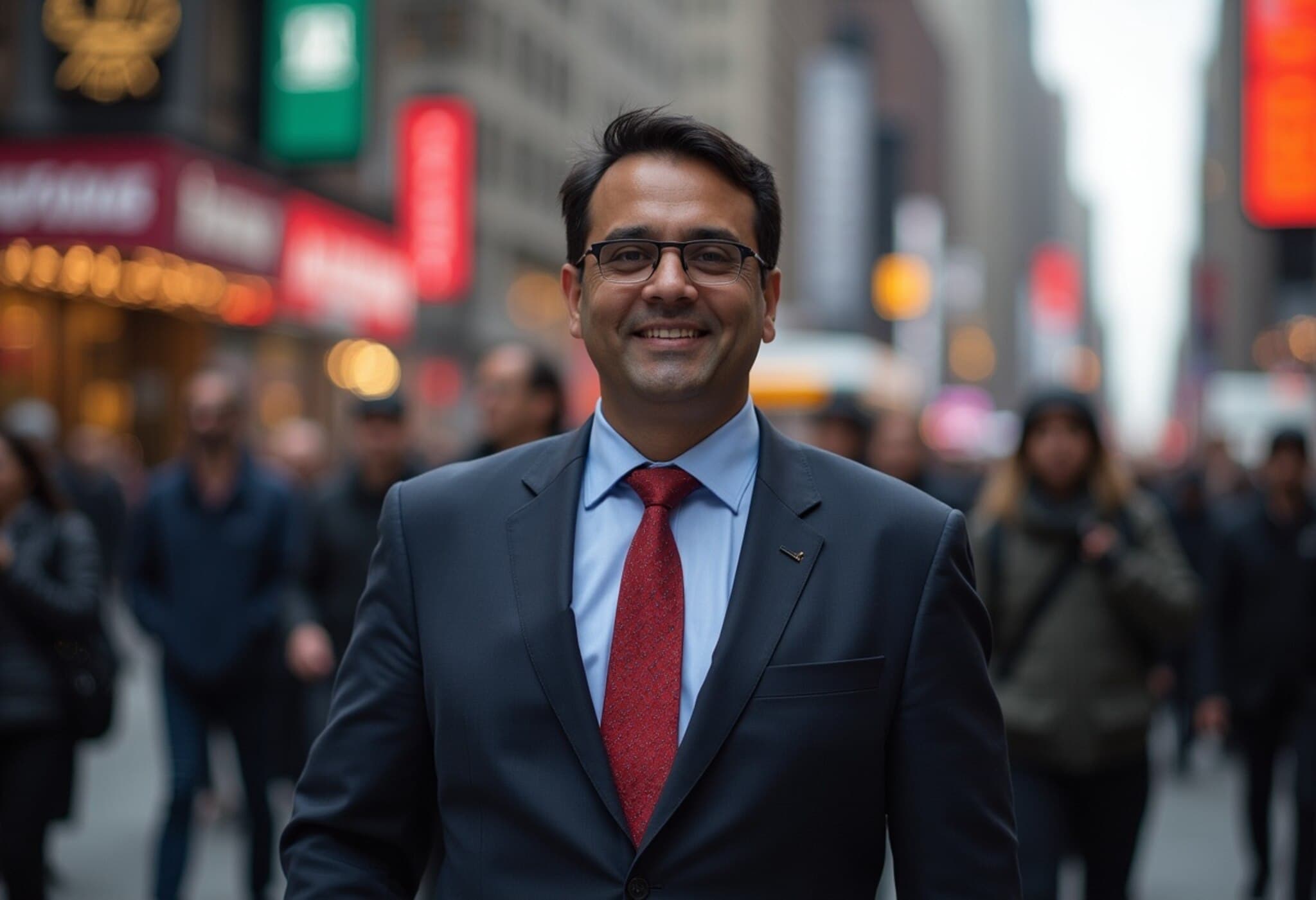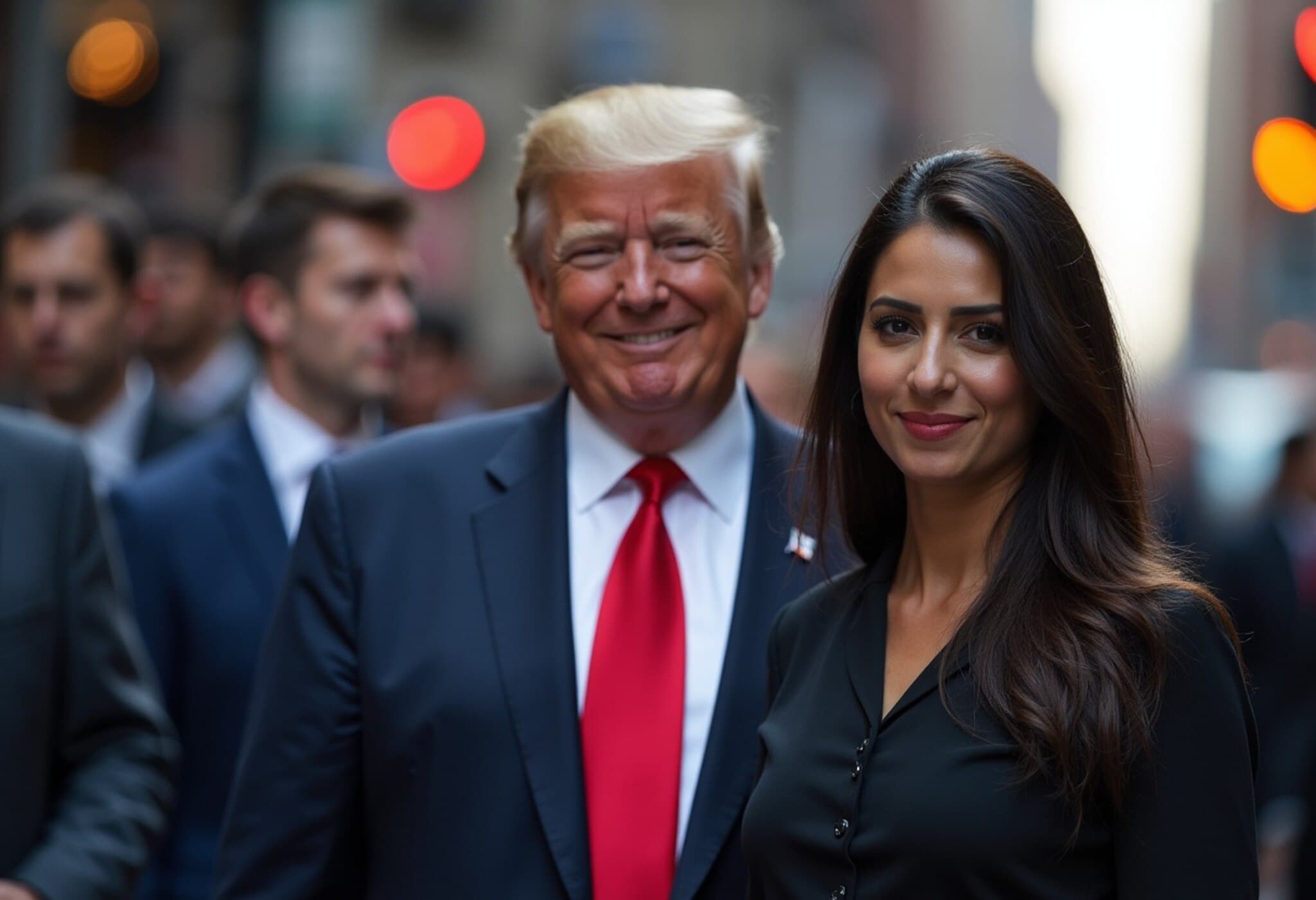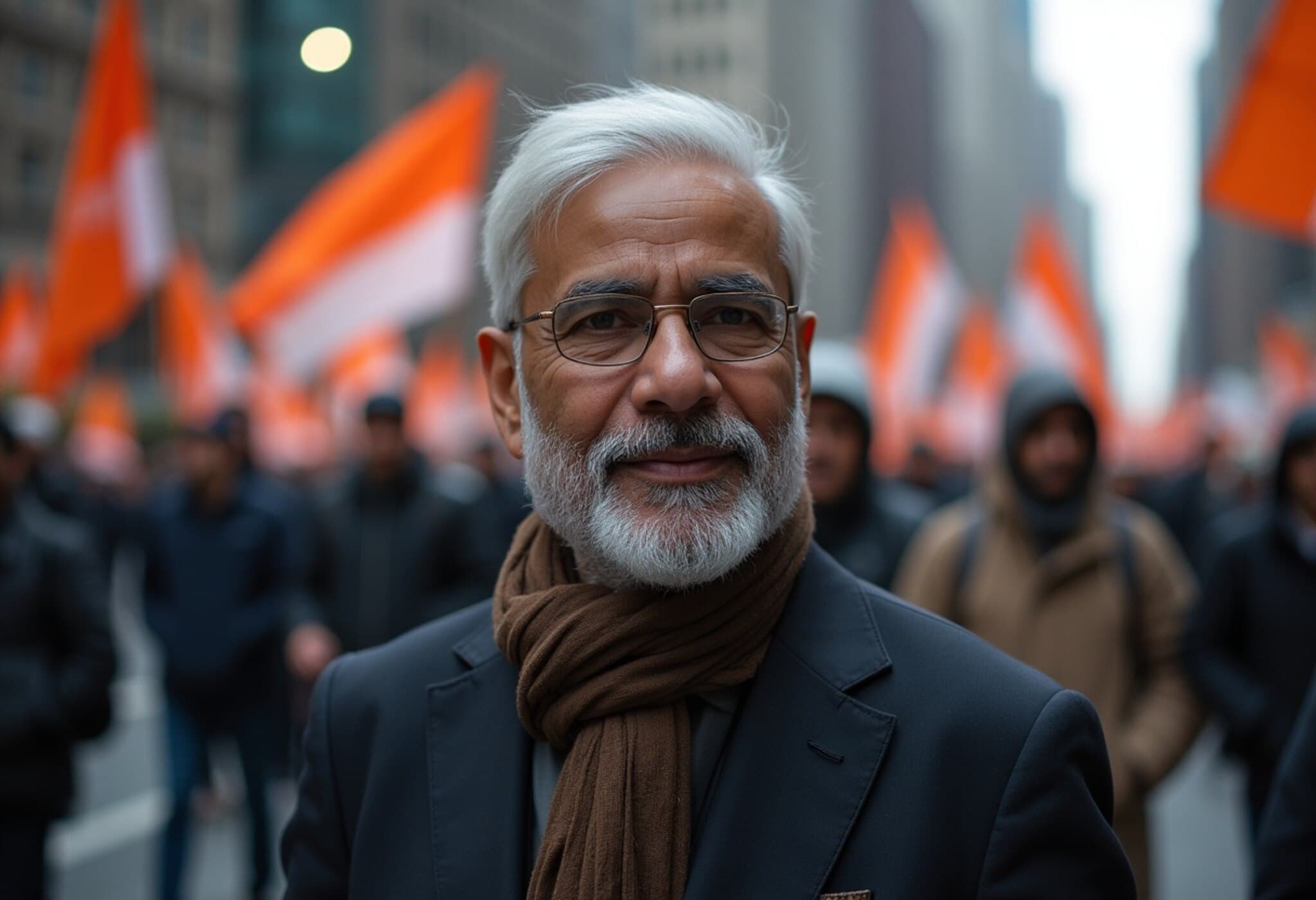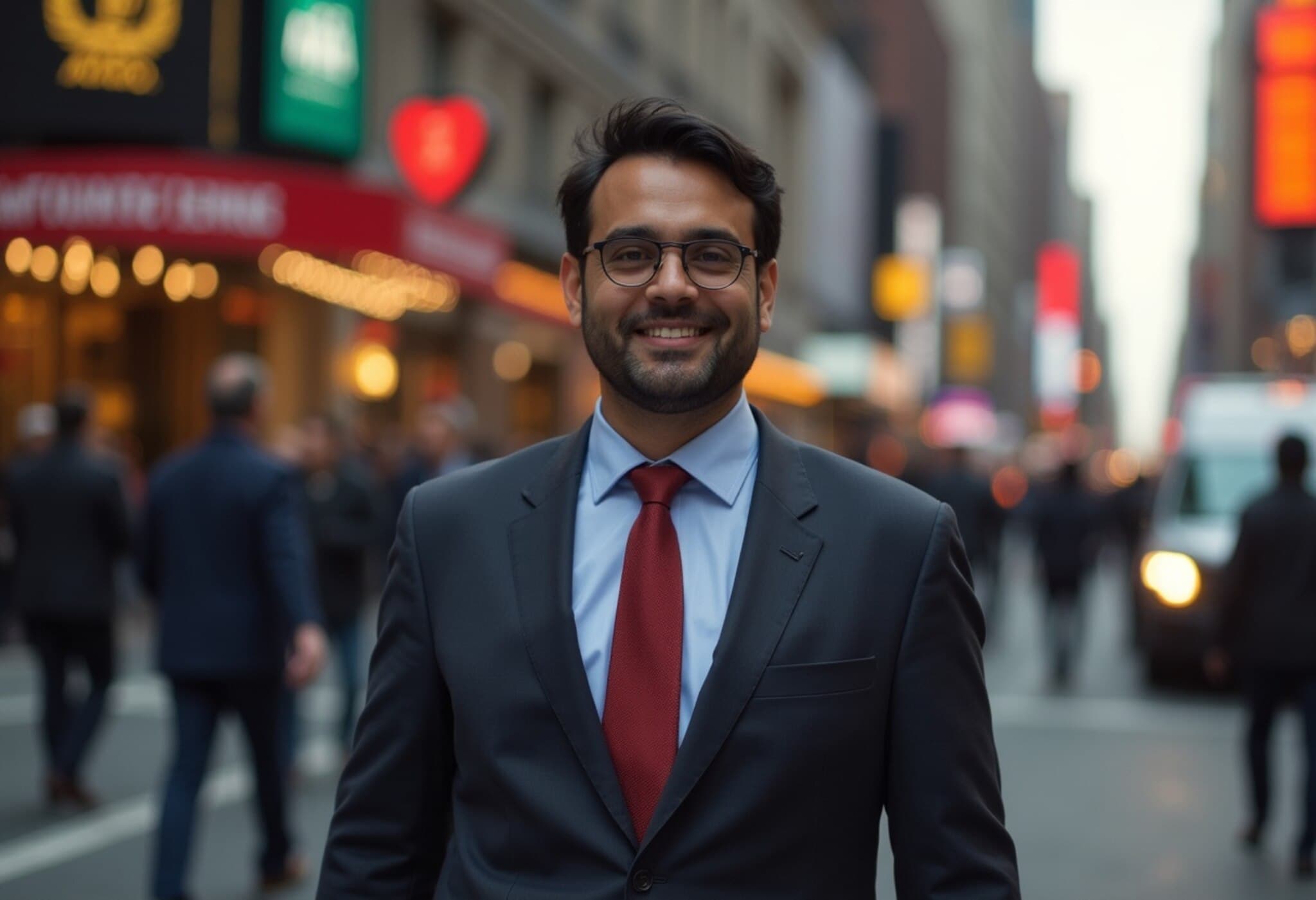Vivek Ramaswamy Raises Alarm Over New York’s Political Future Amid Mayoral Race
Ohio’s 2026 gubernatorial hopeful Vivek Ramaswamy recently issued a stark warning about New York City’s trajectory if Zohran Mamdani, a Democratic Socialist, wins the upcoming mayoral election. Ramaswamy, formerly head of the Department of Government Efficiency (DOGE), claimed on social media that Mamdani’s potential rise represents a symbolic end to the city’s historic identity as a beacon of ambition and economic success.
“The Soul of New York Is at Stake,” Says Ramaswamy
In a post on X (formerly Twitter), Ramaswamy cautioned that Mamdani’s win would trigger a “citywide identity crisis.” He lamented that the vibrant spirit which attracted him to New York in 2007—the city’s celebration of individual achievement and the American Dream—is eroding under what he describes as a “radical left” influence.
“If a guy like this becomes mayor… the identity of New York City as we know it will be erased,” he wrote, adding that under Mamdani, the city’s “spirit is receding” and may disappear entirely. For Ramaswamy, the city he fell in love with is slipping away, replaced by policies he fears will stifle ambition and economic vitality.
Ohio as a New Frontier for the American Dream
Framing Ohio as a counterpoint to New York, Ramaswamy is positioning his home state as the emerging hub of opportunity where traditional American values can be revived. A massive digital billboard in Times Square illustrates this campaign strategy, urging New Yorkers displeased with Mamdani’s “radical socialist” politics to relocate to Ohio. The billboard promotes Ramaswamy’s campaign with the slogan, “Victors, not Victims.”
His campaign capitalizes on the growing ideological divide between conservative-leaning red states and progressive, urban blue cities—a gulf increasingly pivotal in American politics. Ramaswamy underscores his belief that Mamdani’s anti-capitalist stance threatens to dismantle fundamental pillars that have made New York a global powerhouse.
On Billionaires, Education, and Financial Independence
Addressing economic concerns, Ramaswamy argued that the focus shouldn’t be on “ending billionaires” but rather on empowering Americans to gain “world-class education and financial independence.” This nuanced take spotlights his broader vision for economic upliftment beyond traditional wealth redistribution narratives.
Separating Ideology from Identity in Political Discourse
Zohran Mamdani is notably a Ugandan-Indian Muslim and son of acclaimed filmmaker Mira Nair. His identity has drawn both admiration and criticism in a polarized political climate. However, Ramaswamy urges discourse grounded in ideology rather than identity politics.
In an op-ed for The New York Post, he emphasized, “The real problem with Mamdani isn’t his race or religion. It’s his anti-capitalist worldview.” This approach challenges both mainstream and fringe narratives that often intertwine race and religion with political critique.
Facing Racism and Rejecting Extremism
Ramaswamy also acknowledged the racism he has personally encountered, including online taunts telling him to “go home.” He condemned what he describes as a “race-obsessed fringe of the right” that targets political figures like Mamdani and Usha Vance, wife of Vice President JD Vance, in ways he deems damaging to public discourse.
“It’s a shame to watch the race-obsessed fringe of the right try to outdo the race-obsessed woke left,” he tweeted, highlighting the toxicity permeating both ends of America’s increasingly fractious political spectrum.
Expert Insight: The Broader Implications for Urban Governance and National Politics
Ramaswamy’s warnings tap into a larger national conversation about urban identity, governance, and the future of America’s iconic cities amid ideological divides. New York City, long the epicenter of finance, culture, and immigration, stands at a crossroads where progressive policies clash with traditional capitalist frameworks.
Historically, cities like New York have thrived by balancing innovation with inclusivity and economic dynamism. The mayoral race, therefore, is more than a local contest—it reflects a battleground of competing visions for America’s economic and social future.
For policy analysts and voters alike, the question remains: can New York retain its unique character while adapting to evolving political winds? Or will the city’s identity morph into a symbol of widening ideological divides?
Looking Ahead
As the 2025 mayoral election intensifies, the discourse surrounding Mamdani and Ramaswamy’s contrasting visions offers a rare window into the broader cultural and political shifts shaping urban America. Whether their debates ultimately foster meaningful dialogue or deepen polarization will have profound implications for the nation’s democratic health.
Editor’s Note
This unfolding political drama in New York City serves as a microcosm of national tensions around economic policy, identity, and the future of urban life in America. While Vivek Ramaswamy’s criticisms spotlight serious concerns about capitalism and governance, they also raise critical questions about how cities balance growth with social justice.
Readers are encouraged to consider: How do ideological battles influence the lived realities of diverse urban populations? And, ultimately, what kind of city—and nation—do we want to build for future generations?

